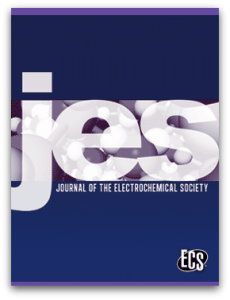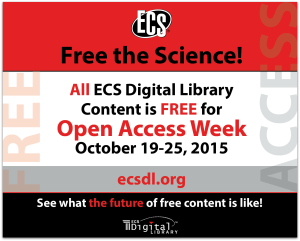 ECS is celebrating Open Access Week this year by making all the content—over 120,000 articles—in the ECS Digital Library freely accessible from October 19 through 25, 2015.
ECS is celebrating Open Access Week this year by making all the content—over 120,000 articles—in the ECS Digital Library freely accessible from October 19 through 25, 2015.
The ECS Digital Library is home to the Journal of The Electrochemical Society, the flagship journal of ECS, published continuously since 1902, and to the ECS Journal of Solid State Science and Technology, ECS Electrochemistry Letters, ECS Solid State Letters, Electrochemical and Solid-State Letters, ECS Transactions, ECS Meeting Abstracts, and Interface.
We have been increasing the number of articles we publish as open access at no cost to the author for almost two years now, but we wanted to take the opportunity of Open Access Week to show the world our vision: all of our content freely available to anyone who wants to read it.
The research in these journals directly addresses the sustainability of our planet. Our scientists are looking to solve some of the most pressing problems the world is facing today:
- energy storage and conversion, from small-scale to large scale: batteries, fuel cells, biofuels, supercapacitors, grid-scaling;
- environmental remediation of materials used in research;
- corrosion of infrastructures;
- clean water and sanitation;
- the growth of nanotechnology;
- processes to develop safer and more effective drugs;
- improving and developing new medical devices; and
- sensors for environmental cleanup, emissions monitoring, detection of illegal and dangerous materials, home and workplace safety, and medical diagnosis and care.
ECS believes that open access—especially in electrochemistry and solid state science—is an important goal for scientific and technological development and, quite simply, creating a better world.
Ensuring that everyone working on these issues—wherever they are in the world, and for whomever they work—has access to the latest research is in our best interests as a nonprofit professional society supporting researchers everywhere, and in the best interests of all the sciences.
ECS has not yet reached a place where it can sustainably make all of its publications open access, but it is our goal and we want to celebrate our vision of the future during Open Access Week.
Take advantage of the free content in the ECS Digital Library October 19 through 25, 2015.
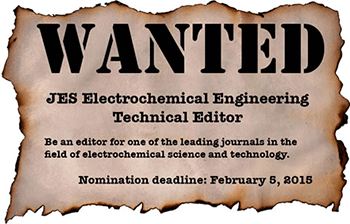 The topical interest area includes industrial electrochemistry, the mathematical modeling of electrochemical reactors and devices, electrochemical machining, and the electrochemical synthesis of compounds. Specific topics include: kinetics, selectivity, and yields; mass, momentum, and heat transport; and electrode designs and evaluation.
The topical interest area includes industrial electrochemistry, the mathematical modeling of electrochemical reactors and devices, electrochemical machining, and the electrochemical synthesis of compounds. Specific topics include: kinetics, selectivity, and yields; mass, momentum, and heat transport; and electrode designs and evaluation.

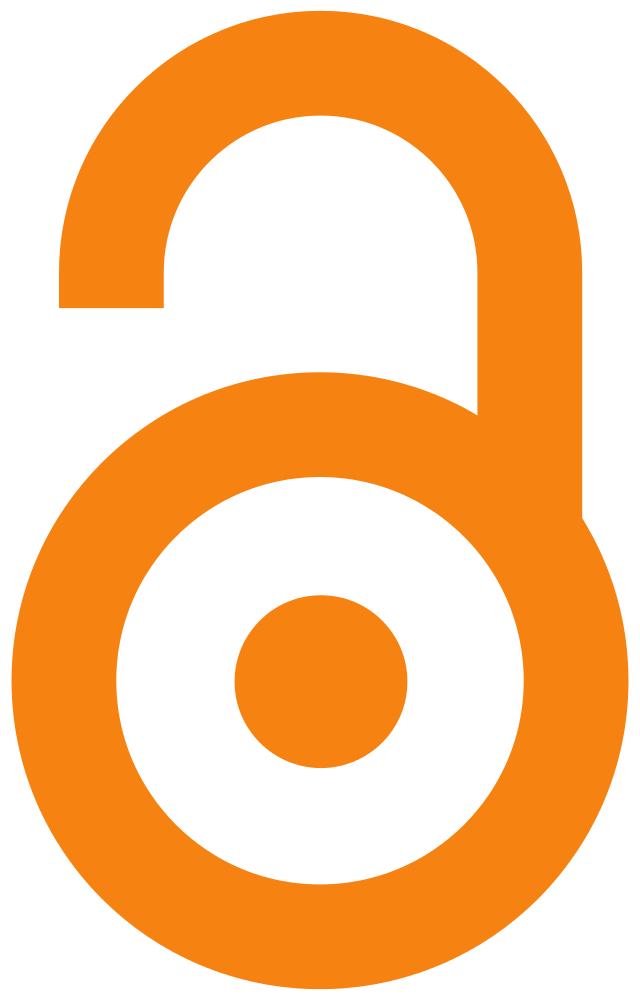
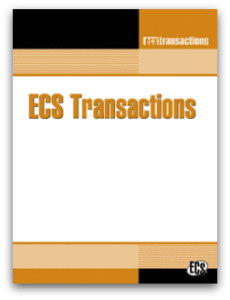
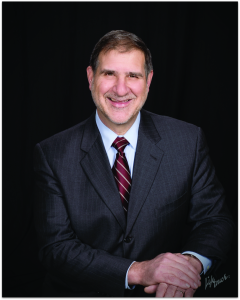
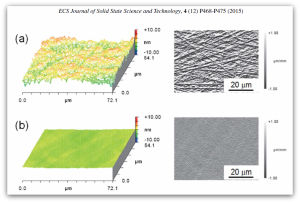
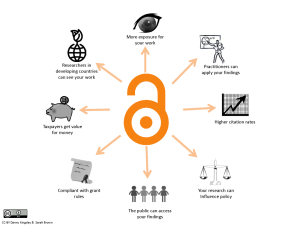
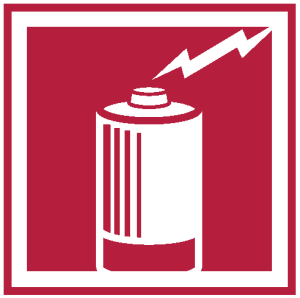 Read the 21 papers in the collection
Read the 21 papers in the collection